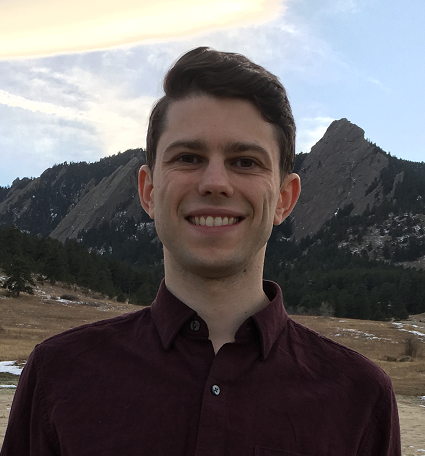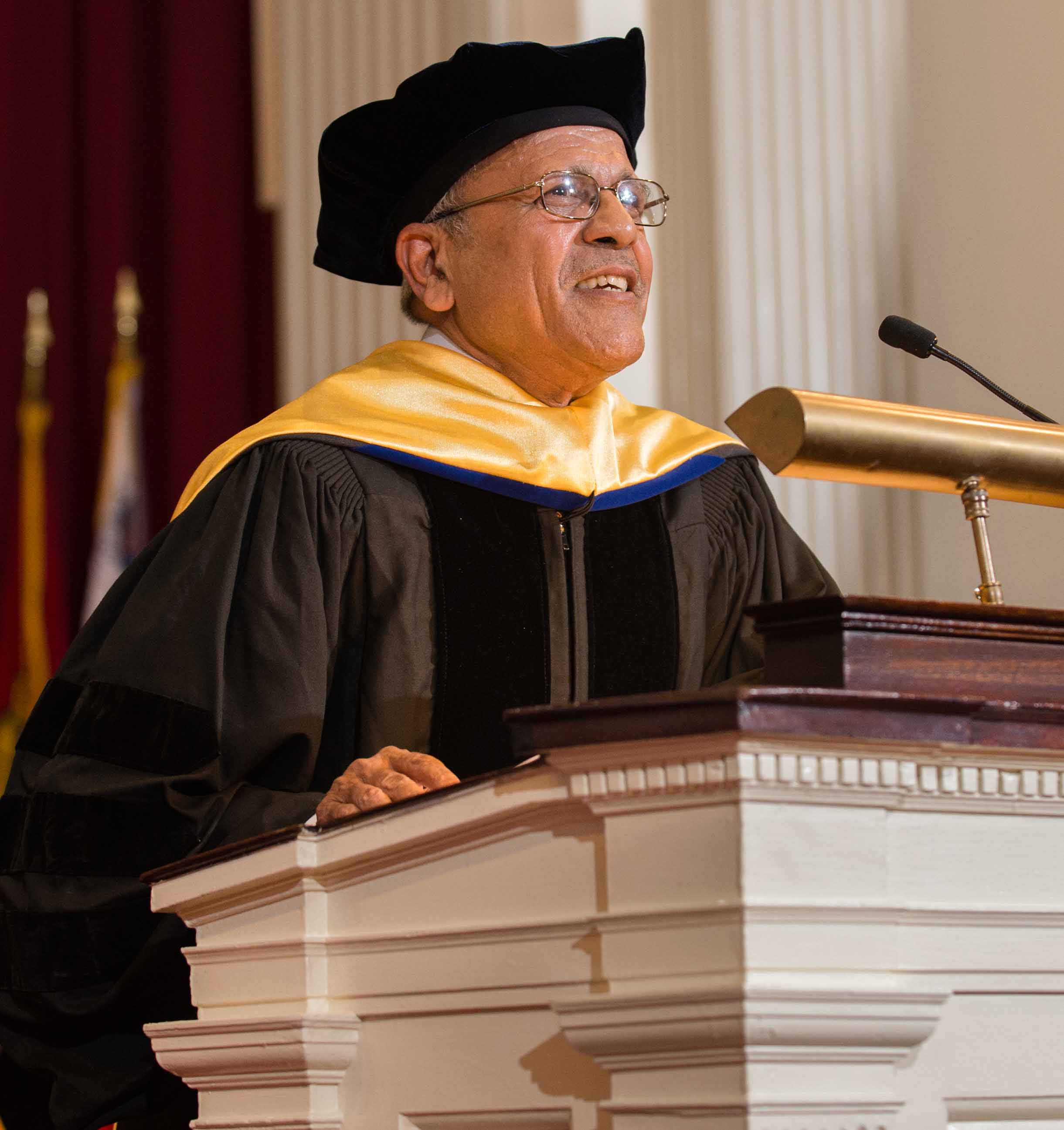- Details
-
Published: Tuesday, April 28 2020 05:56
Distinguished University Professor Chris Jarzynski has been elected to the National Academy of Sciences.
Jarzynski is one of 120 new members and 26 international members elected in 2020, joining a select group of 2,403 scientists around the country—16 of whom hail from UMD's College of Computer, Mathematical, and Natural Sciences—recognized for their influential research and elected by their peers.
"I feel honored to have been elected to the National Academy of Sciences, and I am truly grateful for the support that I have received from colleagues, staff and students since I came to Maryland,” Jarzynski said.
Jarzynski is a statistical physicist and theoretical chemist who models the random motions of atoms and molecules using mathematics and statistics. Working at the boundary between chemistry and physics, Jarzynski studies how the laws of thermodynamics—originally developed to describe the operation of steam engines—apply to complex microscopic systems such as living cells and artificial nanoscale machines.
“Chris Jarzynski has effectively opened up a new field in statistical physics. Now, with precision, one can apply statistical mechanics not only to equilibrium states, but also to finite rate processes that carry a system from one state to another,” Distinguished University Professor Emeritus of IPST and National Academy of Sciences member Michael E. Fisher told Europhysics News in 2011.
Jarzynski is well known for developing an equation to express the second law of thermodynamics for systems at the molecular scale. The equation is known as the Jarzynski equality. Published in the journal Physical Review Letters in 1997, the paper that introduced his equation has been cited in scientific literature more than 4,000 times.
When the 2018 Nobel Prize in physics was awarded for inventions in laser physics, the Nobel Committee cited testing the Jarzynski equality as an application of one of the winning inventions—optical tweezers. Optical tweezers use laser beams to manipulate extremely small objects such as biological molecules.
More recently, Jarzynski’s research has led to a new method for measuring “free energy”—the energy available to any system to perform useful work—in extremely small systems. This research is fundamental to new technologies and may lay the foundation for development of molecular- and quantum-scale machines.
A Fellow of the American Physical Society (APS) and a member of the American Academy of Arts and Sciences, Jarzynski received a 2020 Guggenheim Fellowship, 2020 Simons Fellowship and the APS’ 2019 Lars Onsager Prize, which recognizes outstanding research in theoretical statistical physics. He was also awarded a Fulbright Scholarship and the Raymond and Beverly Sackler Prize in the Physical Sciences. He serves on the editorial board for the Journal of Statistical Mechanics: Theory and Experiment and is an associate editor for the Journal of Statistical Physics.
Jarzynski earned his B.A. in physics from Princeton University and his Ph.D. in physics from the University of California, Berkeley. After a postdoctoral appointment at the Institute for Nuclear Theory in Seattle, he spent 10 years at Los Alamos National Laboratory. He has been on the faculty of the University of Maryland since 2006.
###
Media Relations Contact: Abby Robinson, 301-405-5845, This email address is being protected from spambots. You need JavaScript enabled to view it.
Original story here.



